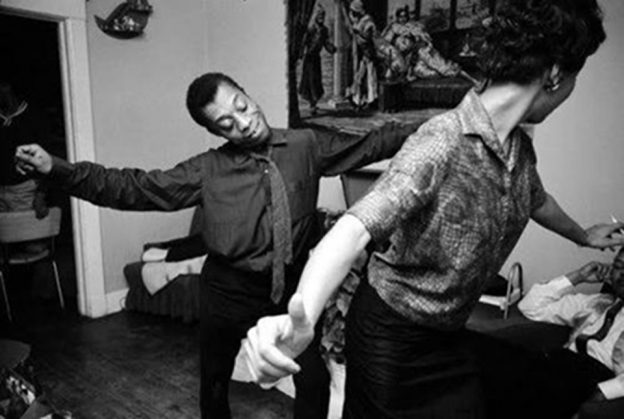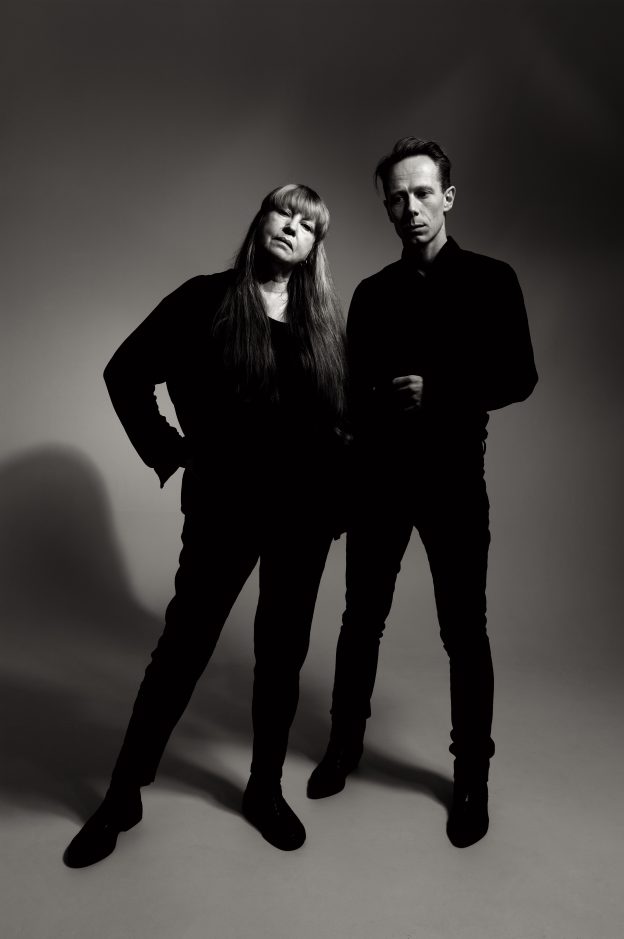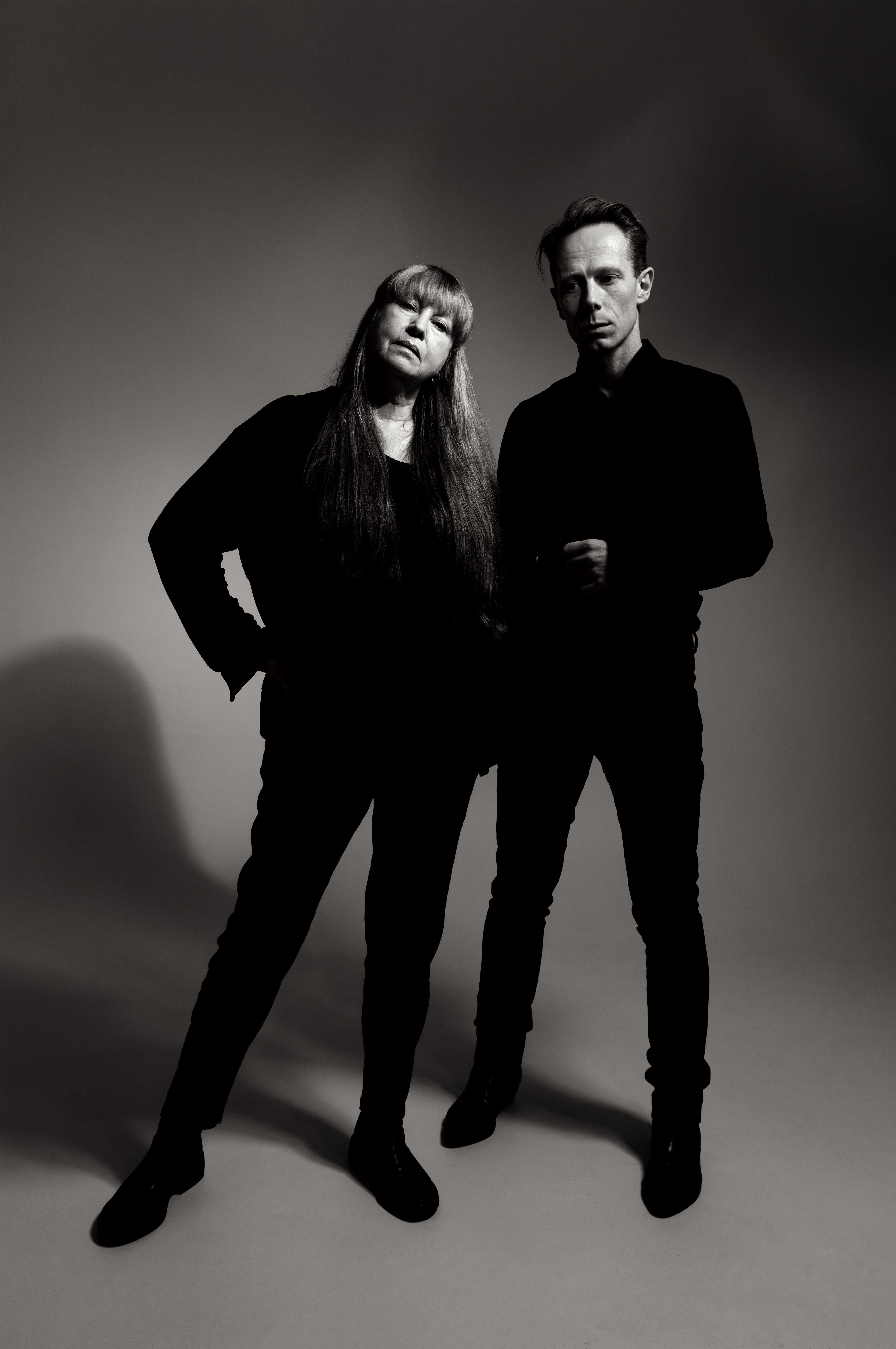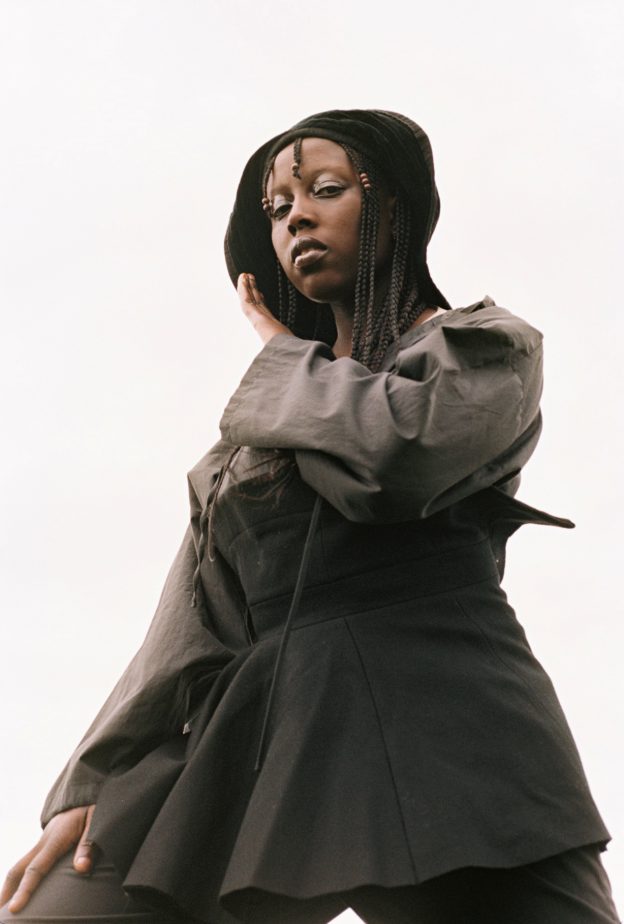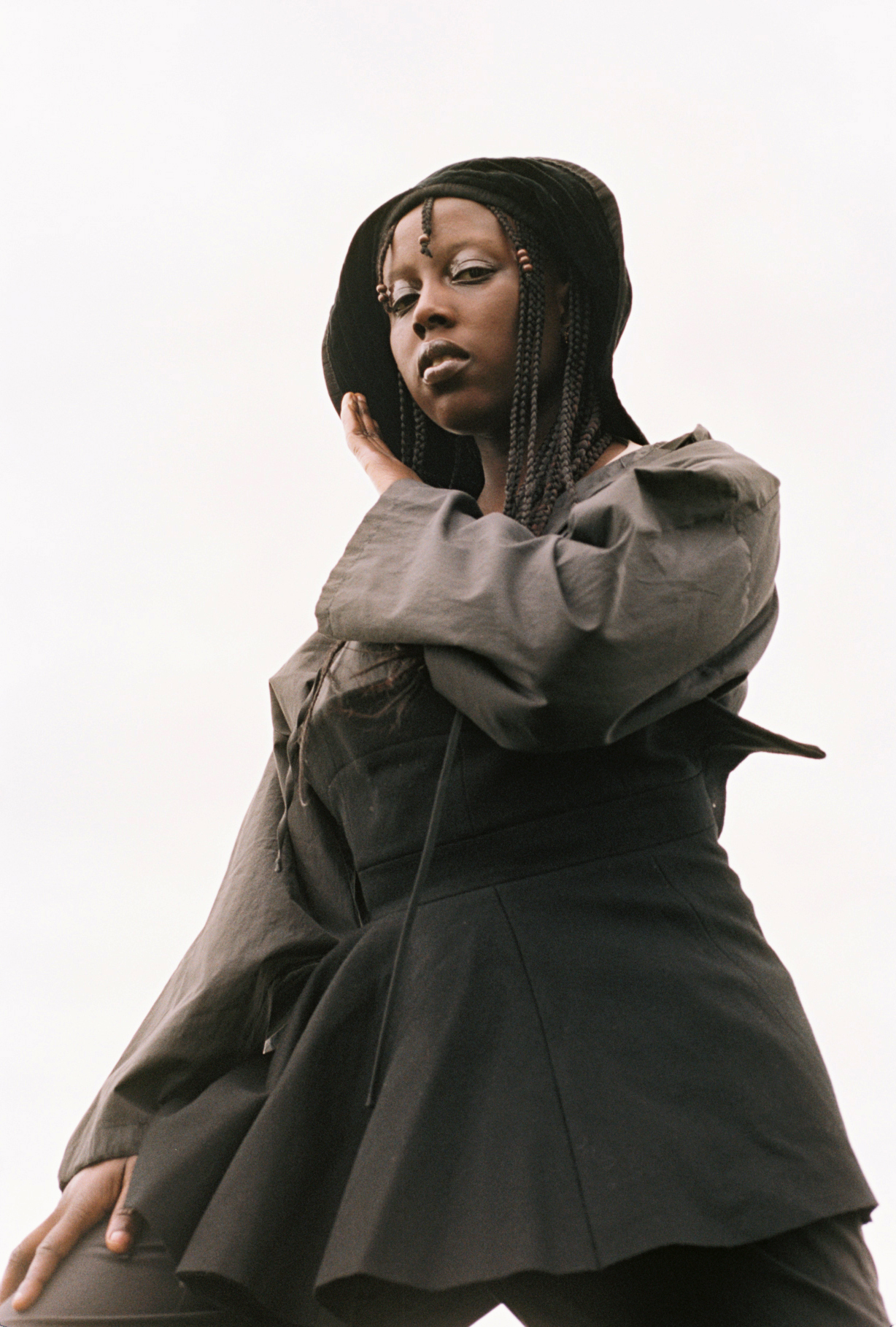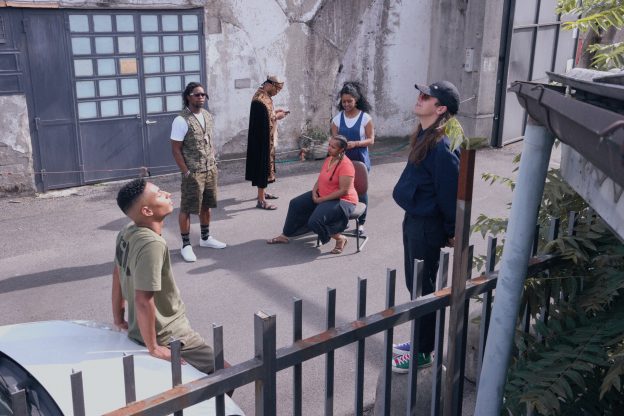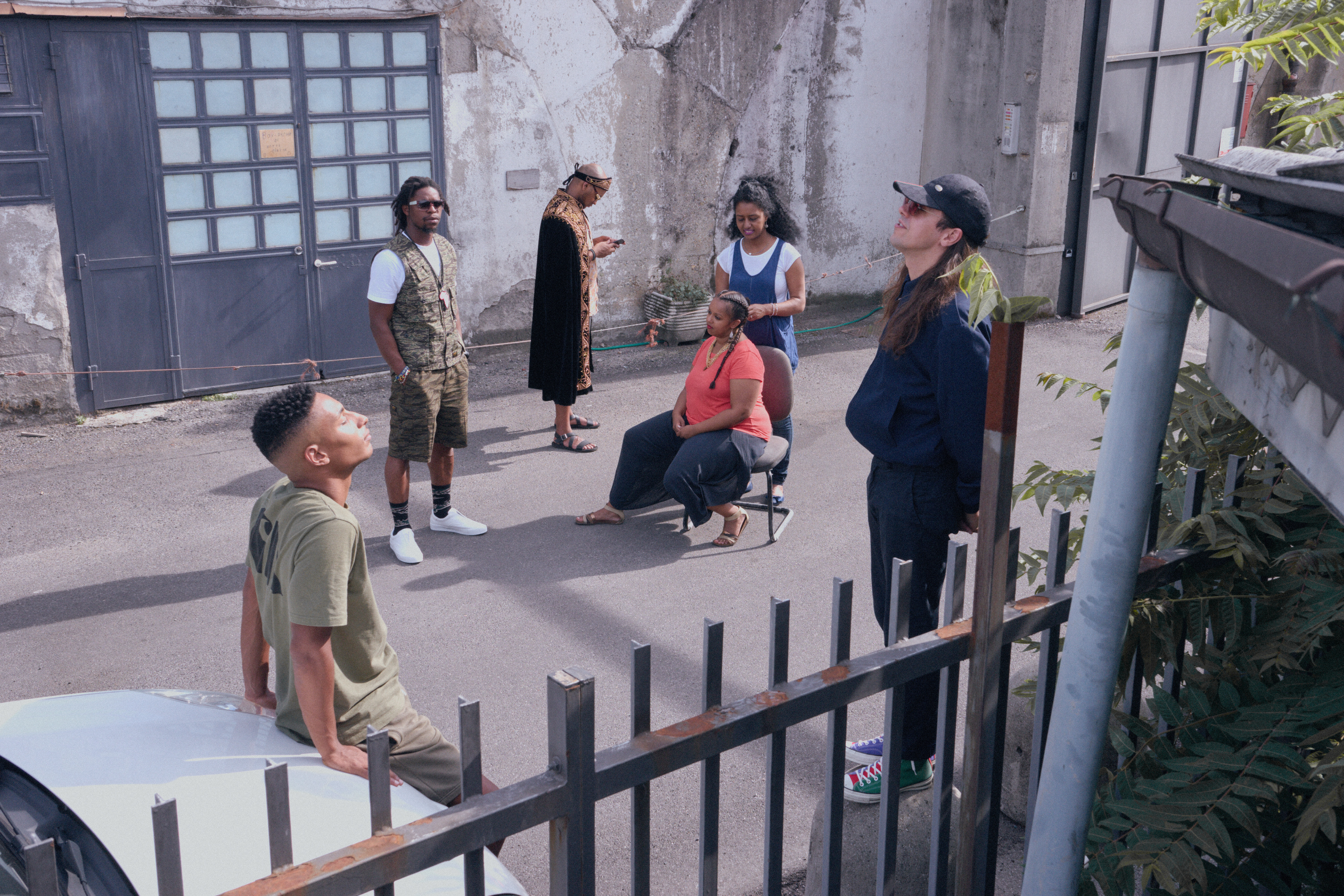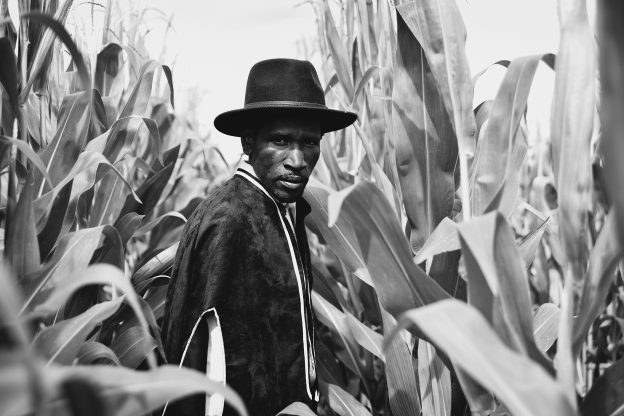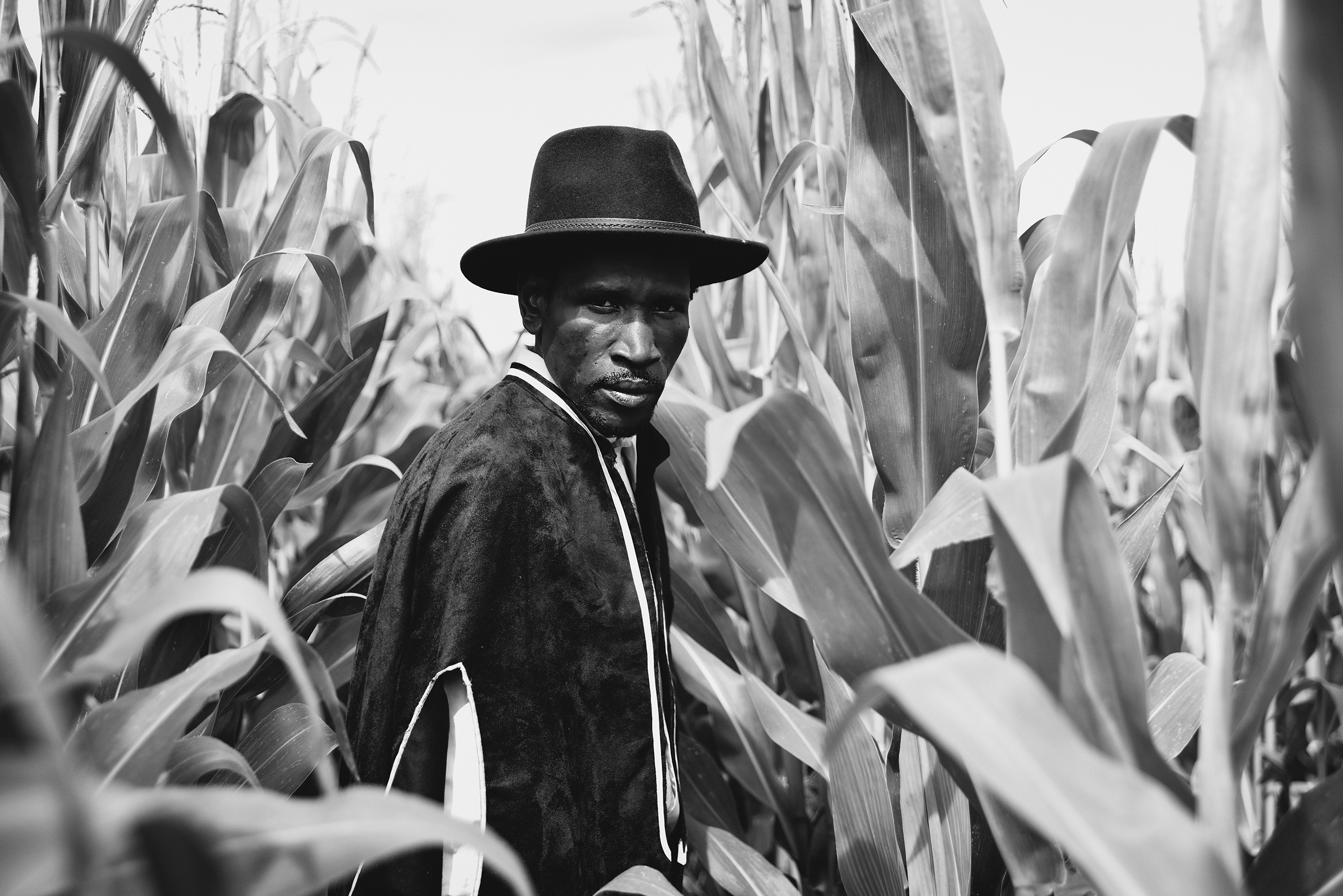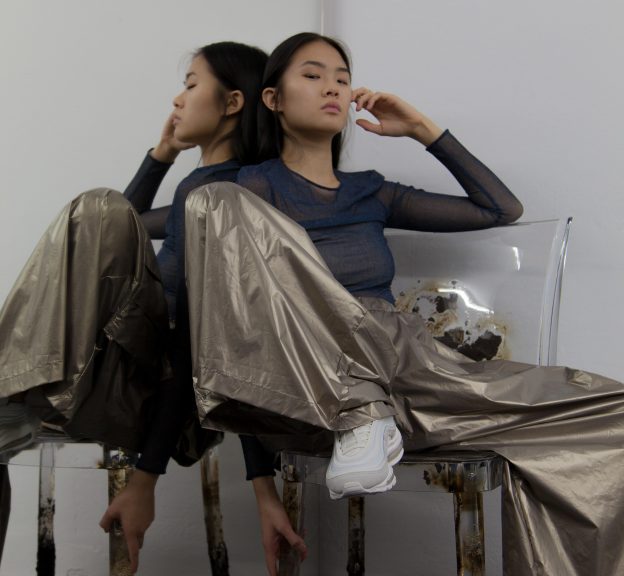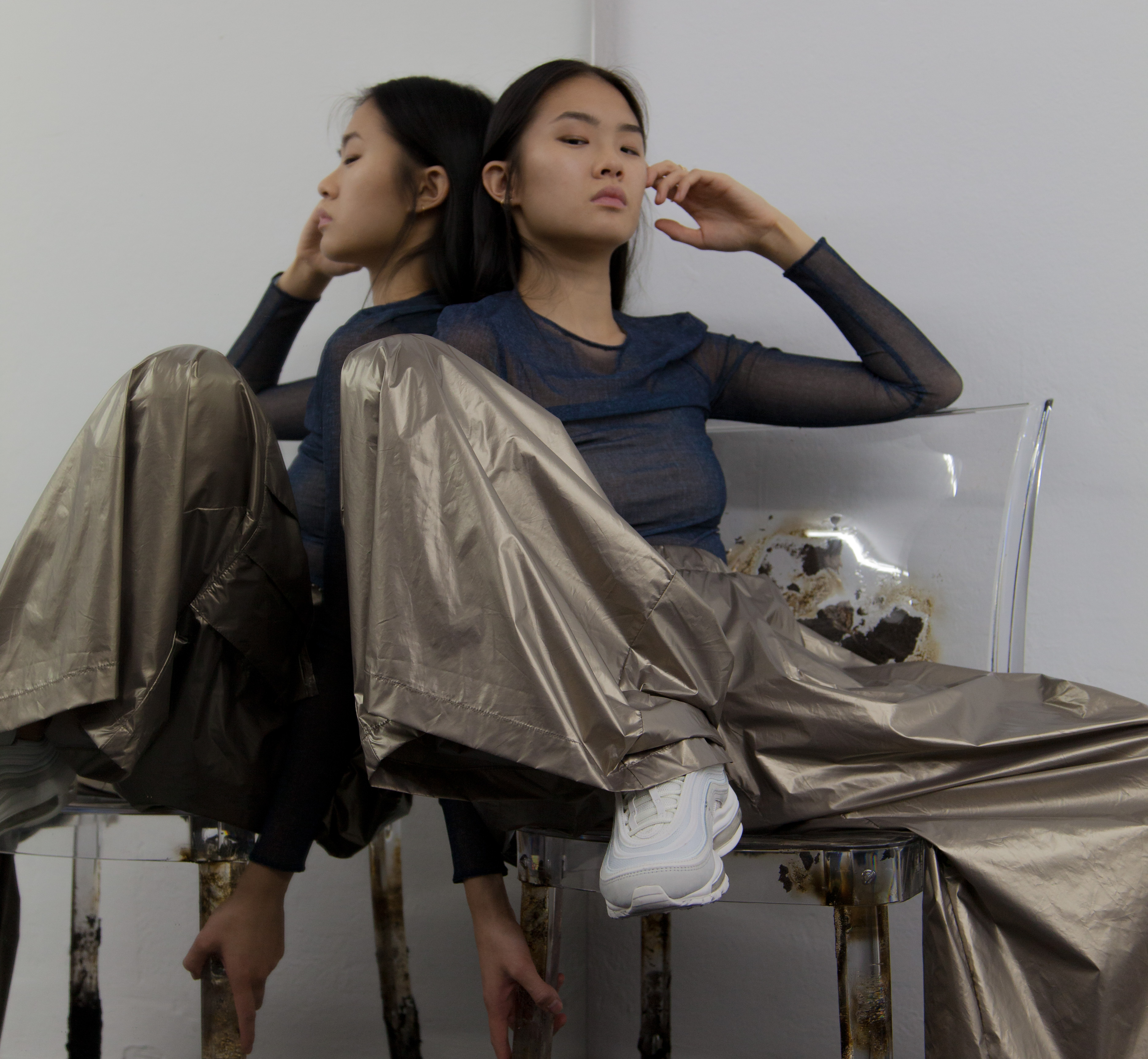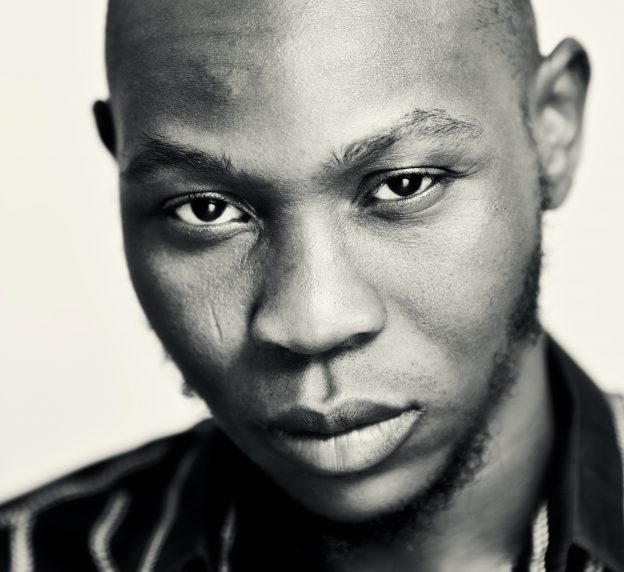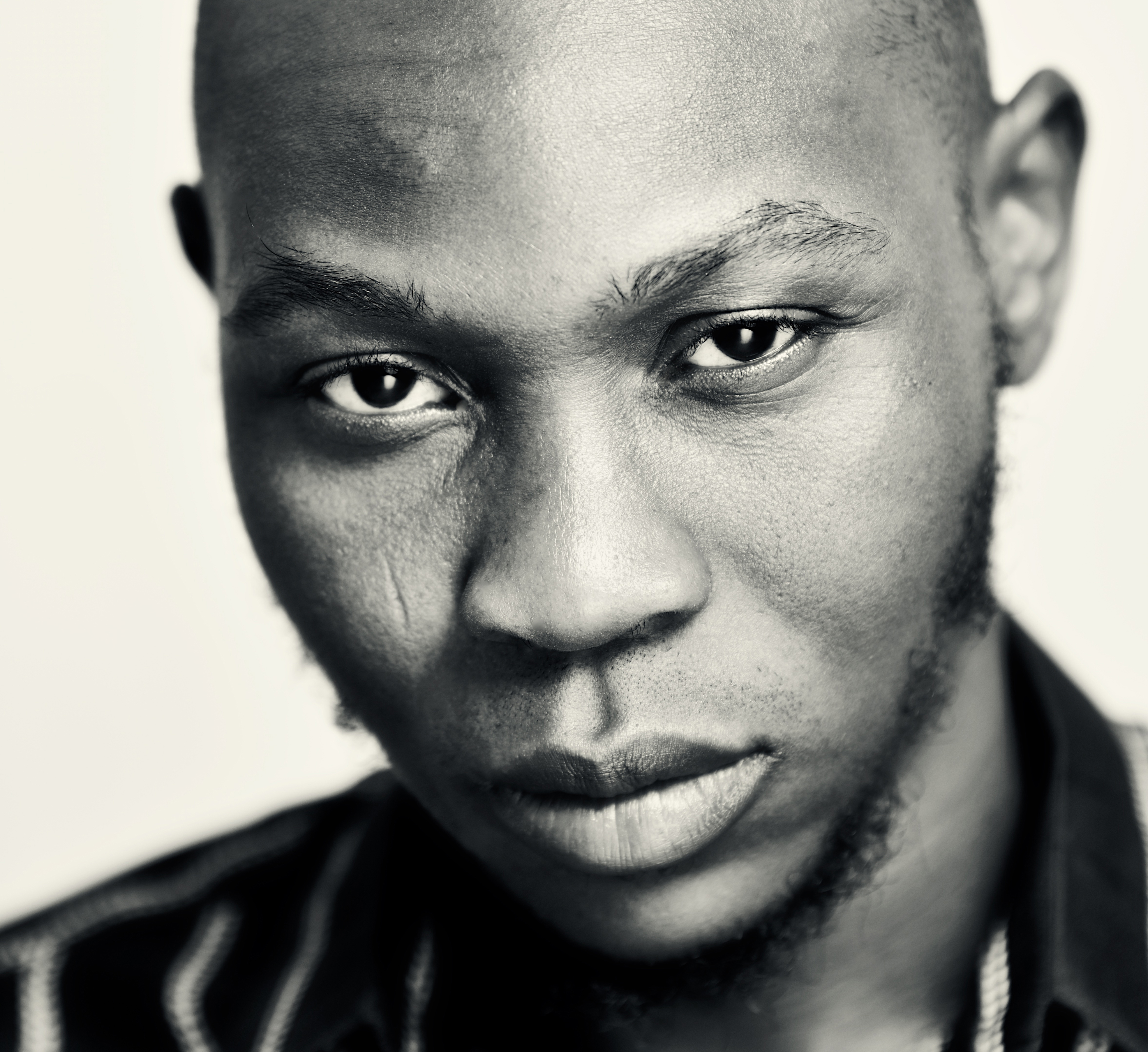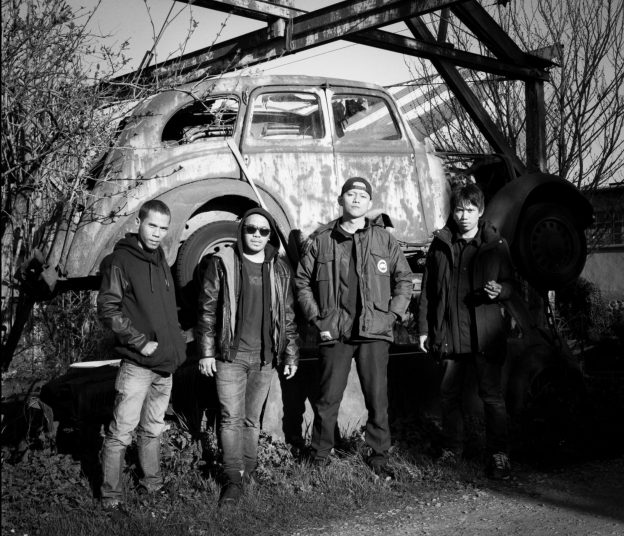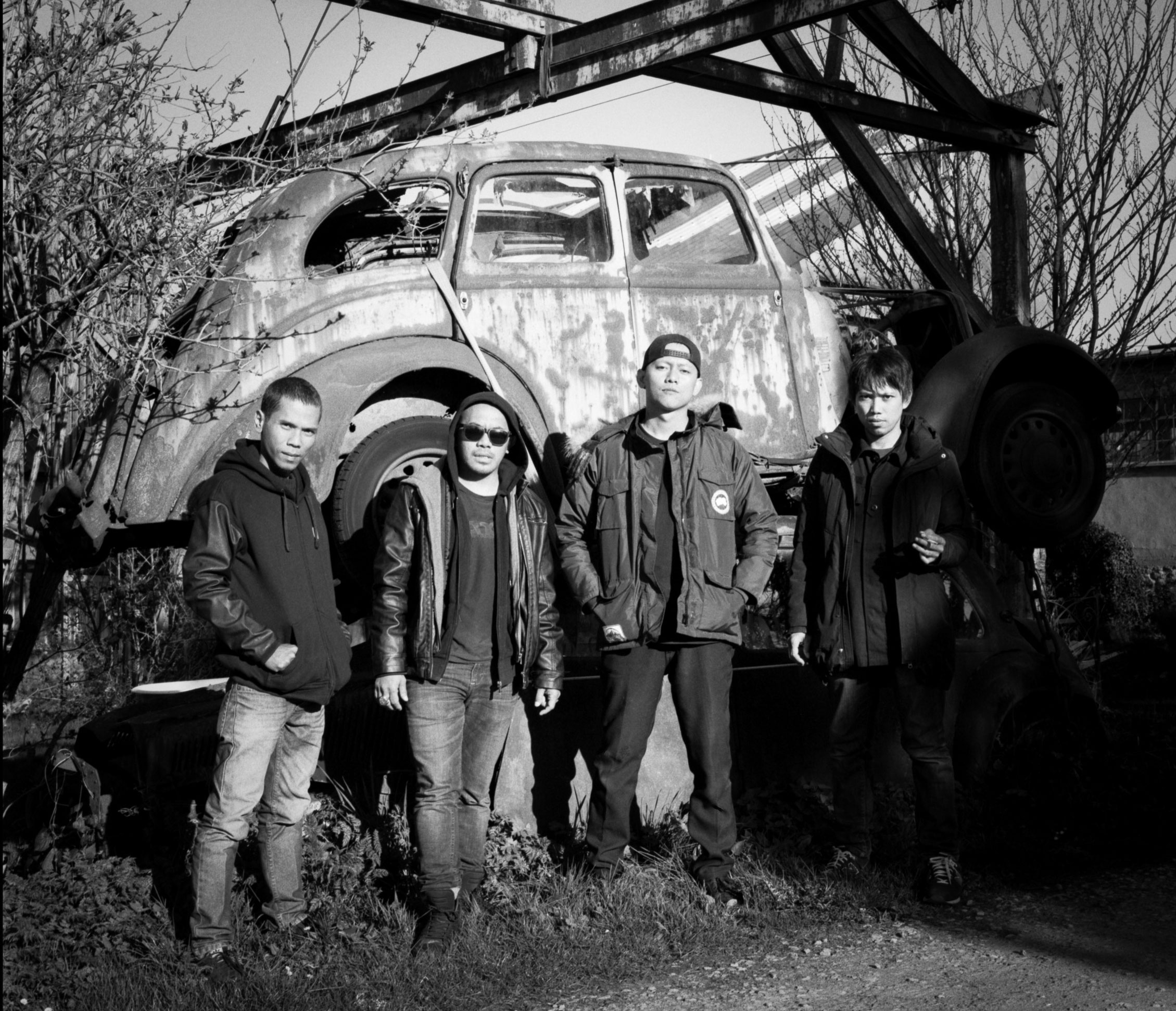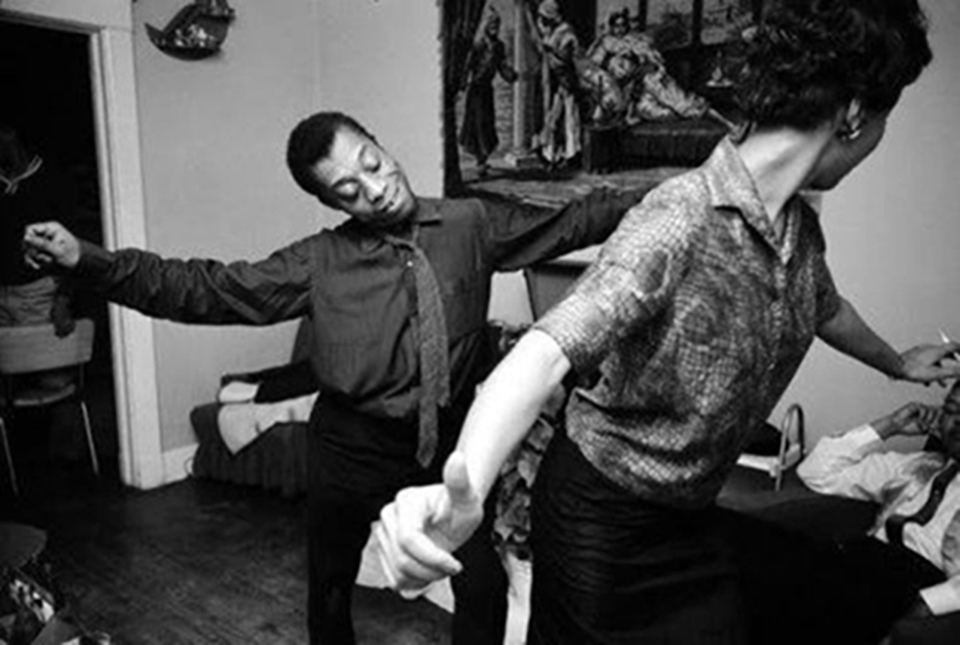
Lack of ideological antagonism characterizes our present. A struggle has begun over the right way to exploit fear. Visions of cross-border solidarity seem increasingly remote, if not unreachable. Ours is a post-political situation of impossibility, ripe with rightwing populist lies and delusions.
Can culture, philosophy and art help break this deadlock? What alternatives can they produce?
The Clandestino Institute presents a new serie of talks and lectures, to be held in Göteborg through 2018. The name of the series is inspired by US-American writer James Baldwin’s legendary essay The Fire Next Time, in which Baldwin asked his readers to mobilize resistance against racism and other political lies.
If nothing else is stated all the lectures take place in Rufus’ Bar (named after the protagonist in Baldwin’s novel Another Country) at Oceanen, headquatres of the Clandestino Institute.
Invited lecturers include Mattias Gardell (24th of March), Johannes Anyuru (27th of April), Aleksander Motturi (26th of May), Majsa Allelin (7th of June), Seun Kuti (8th of June), Ellie Ga & Mara Lee (9th of June), Edda Manga (1st of September), Stefan Jonsson (27th of October). More to be announced.
To attend the series, no application is needed, but as seats are limited we recommend that all attendants make advance registration: info@clandestinoinstitut.org
Sat 24 March hrs 18.00
Clandestino Institut
Mattias Gardell. “Flickan som jagades av elden. Svensk fascistisk skönlitteratur och radikalnationalismens affektiva dimensioner”
Friday 27 April hrs 18.00
Clandestino Institut
Johannes Anyuru.
Sat 26 May hrs 18.00
Clandestino Institut
Aleksander Motturi. “Baldwin och dödens fält”
Fri 8 June hrs 18.00
Folkteatern
Seun Kuti – artist talk. I samtal med Lars Lovén.
Sat 9 June hrs 11.00
Världskulturmuseet
Majsa Allelin, Vi står inte ut & Kulturstorm. “Om solidaritet och samtida gränsdragningar”
Sat 9 June hrs 14.00
Världskulturmuseet
Ellie Ga. “Strophe, a Turning”. I samtal med Mara Lee.
Saturday 1 Sept hrs 18.00
Clandestino Institut
Edda Manga. “Det invecklade förhållandet mellan fascism och demokrati”
Thurs 27 Sept hrs 18.00
HPKSM
special event off book fair
Sat 27 Oct hrs 18.00
Clandestino Institut
Stefan Jonsson: “Uttagningen av de främsta: rasism, gränser och etnisk segregering av idag”
Sat 24 Nov hrs 18.00
TBA
Sat 8 Dec hrs 18.00
TBA
